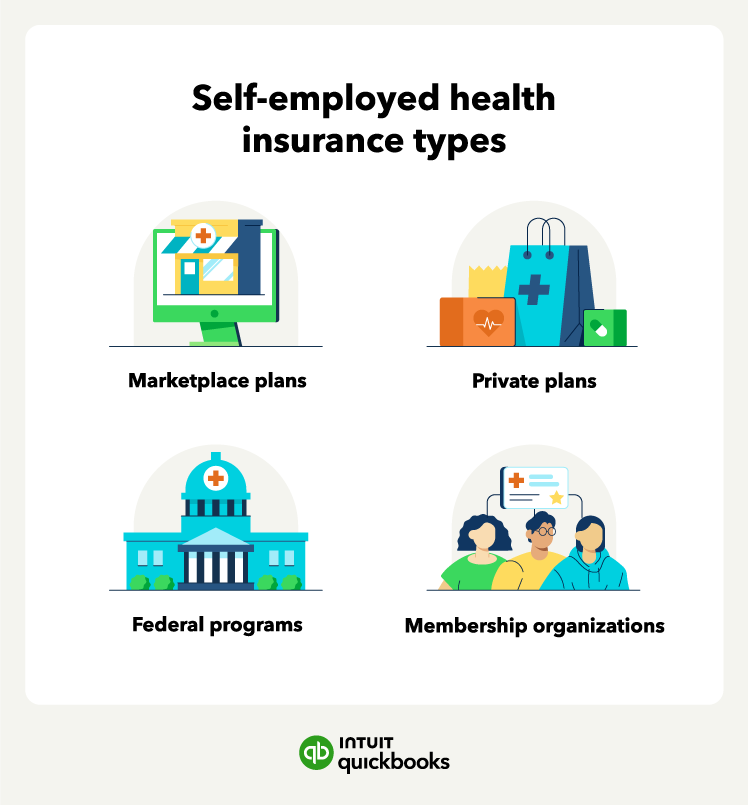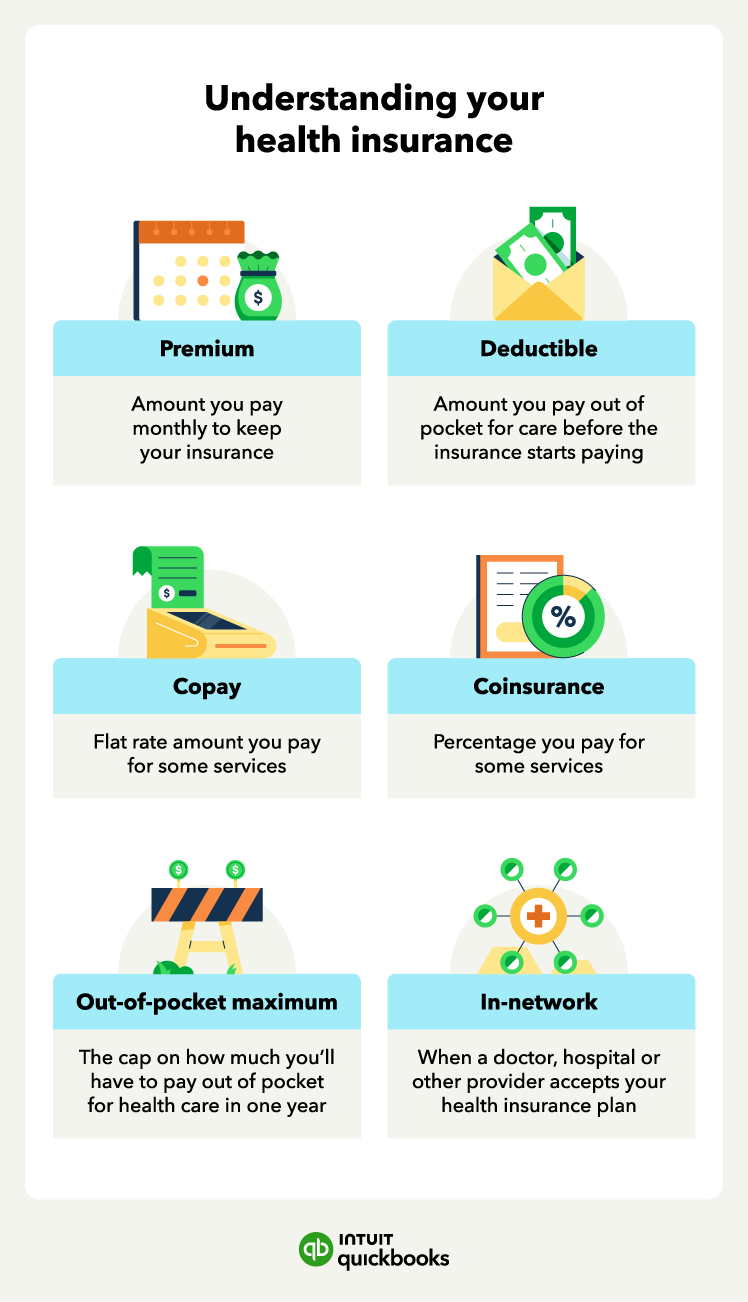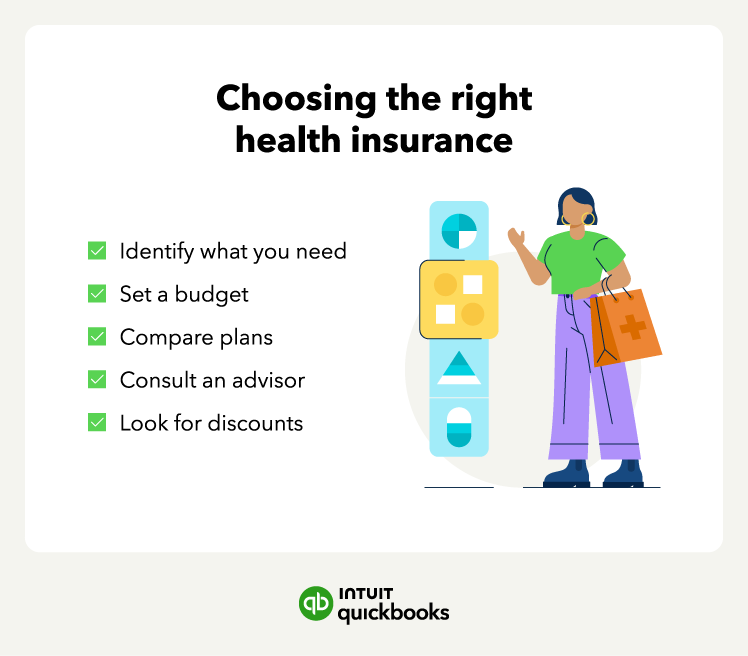Private health insurance plans
Even if you’re not a traditional employee, you can still sign up with a traditional insurance provider. Some insurance companies offer affordable health insurance plans for individuals.
Check out companies like UnitedHealthcare, Blue Cross Blue Shield, Cigna, and Humana to compare plans. Such insurers sometimes offer multiple options, including short-term health insurance and plans that cost less than what the ACA offers.
Short-term plans are beneficial for anyone who plans to change their employment status in the near future. You can register for short-term health insurance outside the open enrollment period, with some coverage lasting a month or up to six months. Always be sure to read the fine print on any plan you consider, especially the “exclusions and limitations.”
Federal programs
Federal government's health insurance programs are another option if you can’t afford other health insurance options. You may qualify for these based on your age, income, or military service.
These options include:
- Medicaid: Typically for low-income individuals, parents, seniors, and disabled persons.
- Medicare: Typically for seniors over the age of 65, disabled persons, and people with end-stage renal disease.
- Subsidized health insurance: For low-income individuals and family members.
- Military programs: TRICARE offers health insurance for military service members, National Guard/Reserve members, and retired service members and their families.
Before you rule out health insurance on the basis of affordability, consider if you’re qualified for any of these programs.
Membership organizations
Another option for freelancers, self-employed workers, or even those who are unemployed is to join a membership organization that offers a group plan. The idea is similar to getting insurance through an employer. Instead of everyone sharing the same company, they share the same industry, interest, or another common tie. Like employers, membership organizations can use their many members to negotiate for better coverage and lower premiums and deductibles.
You may find you’re already part of an organization that offers group health insurance. Organizations like AARP, the Freelancers Union, and the Writers Guild of America all offer membership health care coverage. In general, unions, guilds, alumni associations, and even your local chamber of commerce are good places to check.
Before signing up for any organization’s coverage, compare their offering with what you can get through the ACA. Some membership organization plans are not ACA-compliant and may not cover preexisting conditions.
How much does self-employed health insurance cost?
The costs of health insurance for the self-employed will vary depending on several factors, making it difficult to predict the average costs. But according to MoneyGeek, the average cost of health insurance is $593 per month.















